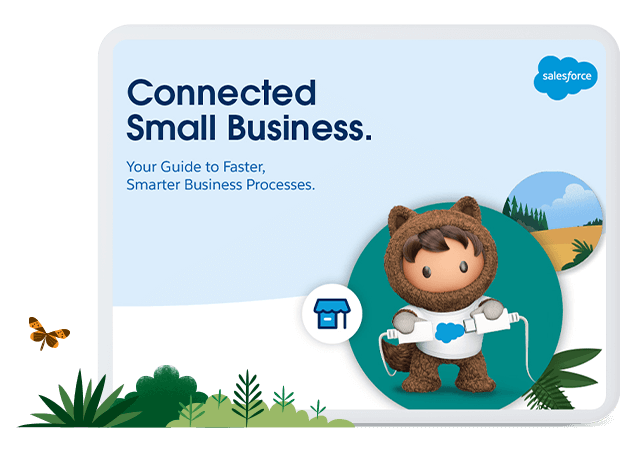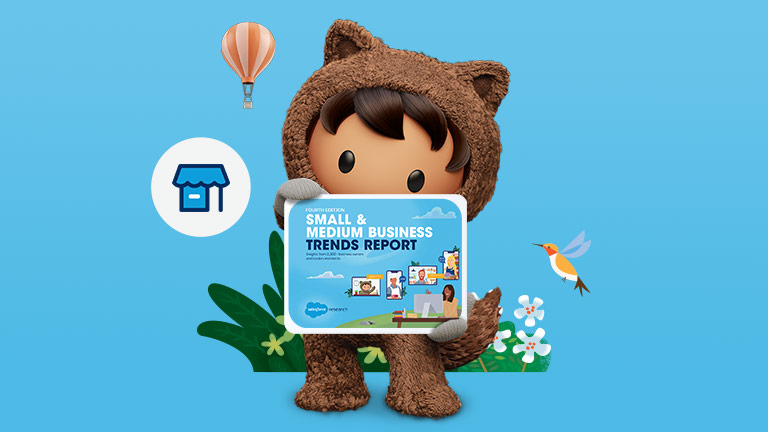The on-demand economy has reimagined how we view ownership, from ride-sharing to video streaming. But it’s not just shaped our weekends; it also impacts how SMBs do business.
By using SaaS (Software as a Service) SMEs can jumpstart their journey to the cloud and leverage technologies that would have been prohibitively expensive a decade ago. Even better, the pay-as-you-go nature of SaaS enables businesses to reduce IT costs, costly onsite infrastructure, and upfront capital investment and only pay for what they need when they need it.
In other words, the benefits of SaaS are helping small businesses do more with less.
Why use SaaS?
This shift towards on-demand everything has enabled SMEs to untether themselves from onsite infrastructure and step into the cloud. And while the office hasn’t quite yet gone the way of the video store, there’s no denying that SaaS is helping SMEs move beyond physical walls and empower remote workers.
With SaaS, businesses can use the cloud to access apps that have been created, deployed and maintained by third parties, on an on-demand basis. This means that SMEs can provide their workforce with access to business-critical data and software at any time, from any place. Not only is this accessibility one of the prime benefits of SaaS; it comes with a lower price tag.
But being cost-effective is just one of the benefits of SaaS.
The top benefits of SaaS for SMEs
Better accessibility. More and more workers are using apps to customise their own work experience and create tailored solutions for everyday tasks. The 24/7 access offered by SaaS can help to make this bespoke EX (Employee Experience) possible.
Affordability. With SaaS, SMEs don’t have to worry about large upfront outlays for onsite infrastructure, or the costs of ongoing maintenance. They’ll also be able to leverage cutting-edge software that might otherwise require expensive licensing fees.
Simplified use. The out-of-the-box nature of SaaS’s apps and tools mean that they’re built for easy use, with best practices already built in. This focus on a simplified user experience means that SMEs won’t have to constantly retrain their workforce.
Security to match your requirements. Every business has a different data management strategy and different security requirements. You can look for a SaaS provider that matches the particular security protocols of your SME.
Flexible storage options. SMEs can customise their SaaS storage by choosing to back-up their own data or by teaming up with a reliable partner. In a time when nearly 90% of enterprises are planning to accelerate their cloud migration, data storage is critical.
Fast results. In a pre-SaaS world, it could take IT teams months to develop and deploy apps – and longer still to gather results and make adjustments. But because SaaS solutions have already been created and tested, SMEs will see a much faster ROI.
A reimagined workforce. One of the most important benefits of SaaS is its ability to empower decentralised workers. Since teams can use SaaS to establish a North Star of data, they can work and collaborate from anywhere in world, in real time.
Auto updates. With SaaS, SMEs never have to worry about whether or not they’re working with outdated or inferior tools. Providers will offer automatic updates, ensuring that your business is never behind the times.
Easy to scale with your needs. Scalability is especially important for young or growing businesses. SaaS solutions can be seamlessly integrated, so it’s easy to scale up as the needs of your business change.
Improve productivity and efficiency. The future of SaaS looks to run parallel to the future of AI, and SMEs will be able to get ahead of the game by implementing tools like Einstein, which can automate routine tasks and drive productivity.
Free IT teams to focus on important tasks. By leveraging third-party apps, SMEs can reduce the burden on their IT teams, who won’t have to focus on developing, updating and maintaining these solutions.
Ready to unchain your SME?
Agility is crucial for business success. By choosing a SaaS model, SMEs can reduce costs, untether themselves from unwieldy legacy systems and onsite infrastructure, expand their hiring pool, and empower their workforce to make the world their office. In this new normal, a good business is a connected business – and SaaS helps make that possible.
The benefits of SaaS – both in terms of capital expenditure and access – provide SMEs with more flexibility. Add in the possibility of increased productivity, scalability, rapid ROI and bespoke storage, and it’s clear that SaaS can help many SMEs unlock their full potential.
To see how making better connections can help small businesses, download Your Complete CRM Handbook.







